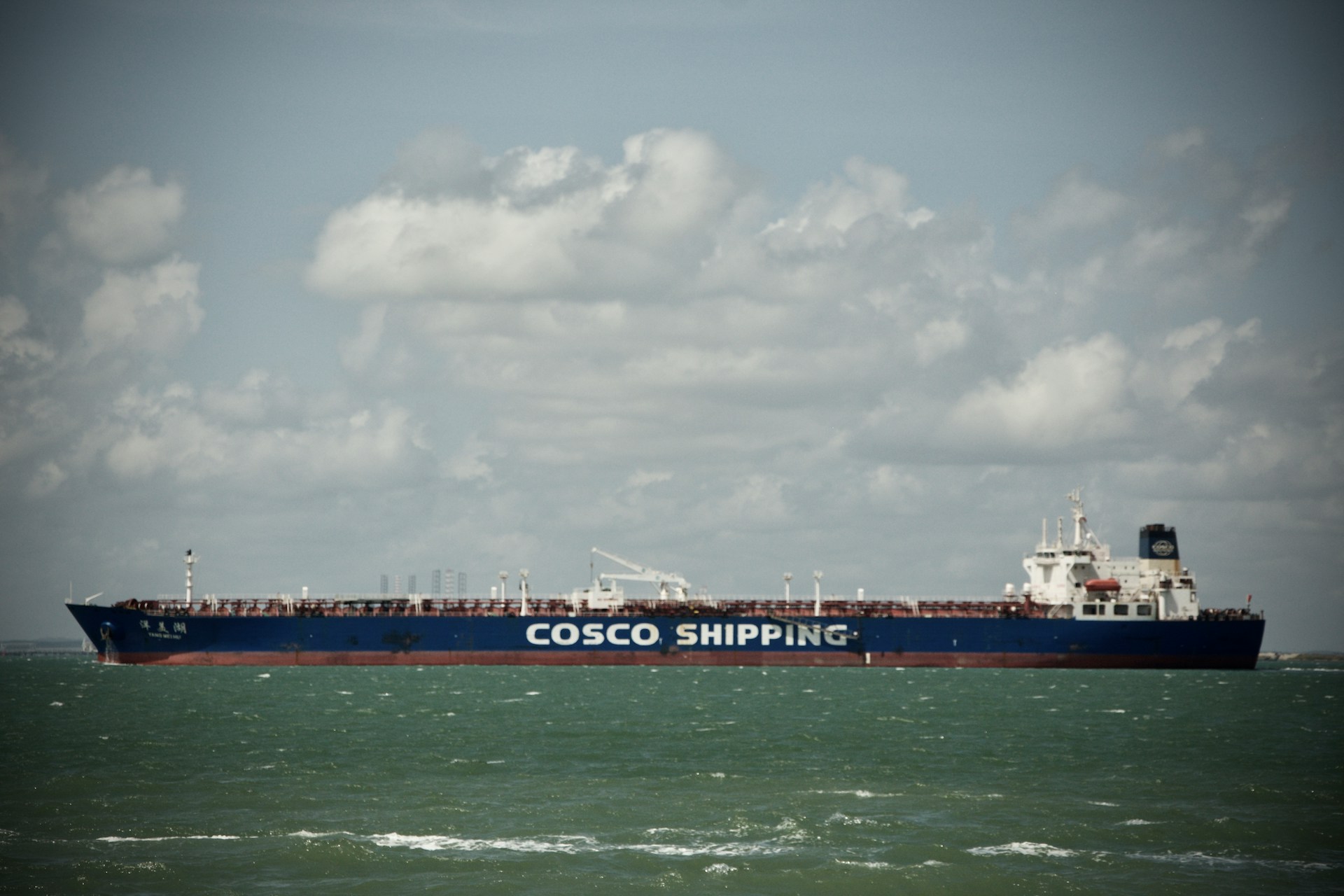COSCO Downplays Inclusion on US Pentagon Military List

COSCO, the world’s largest shipping company, has sought to minimize concerns following the announcement that it has been added to a US Department of Defense list of companies with alleged ties to China’s People’s Liberation Army (PLA).
While inclusion on the Pentagon’s blacklist does not impose direct penalties, it discourages US businesses from engaging with the listed companies, which are perceived as linked to Chinese military entities.
In a statement, COSCO emphasized that its subsidiaries named by the Pentagon are not Chinese military companies. The company is actively communicating with US authorities to “clarify the facts.”
COSCO further stated that being listed does not equate to inclusion on any sanctions or export control lists and will not impact the group’s operations or business activities globally.
Lars Jensen, a prominent container shipping analyst, echoed this sentiment, noting in a LinkedIn post that the designation alone is unlikely to cause significant disruption since there are no direct penalties associated with it, apart from restrictions on the US military shipping cargo via COSCO.
“There are not any sanctions announced on COSCO and other firms identified on the list though there is potential for ‘self-sanctioning’ on the part of market players out of fear of running afoul of US policy,” analysts at investment bank Jefferies noted in a client briefing.
Other Chinese maritime and industrial companies included on the Pentagon’s list are China State Shipbuilding Corp (CSSC), the nation’s leading shipbuilder; China National Offshore Oil Corporation (CNOOC), a top offshore oil explorer; China International Marine Containers (CIMC), the largest container manufacturer globally; China Communications Construction Group, a major port developer; and Sinotrans & CSC Holdings, one of China’s prominent shipowners.
COSCO has faced US scrutiny in the past. In 2019, its tankers were sanctioned for a brief period for transporting Iranian oil, a move that caused very large crude carrier (VLCC) rates to spike to $200,000 per day.
The latest development highlights the ongoing geopolitical tensions impacting global trade and shipping, with potential implications for businesses operating in this space.